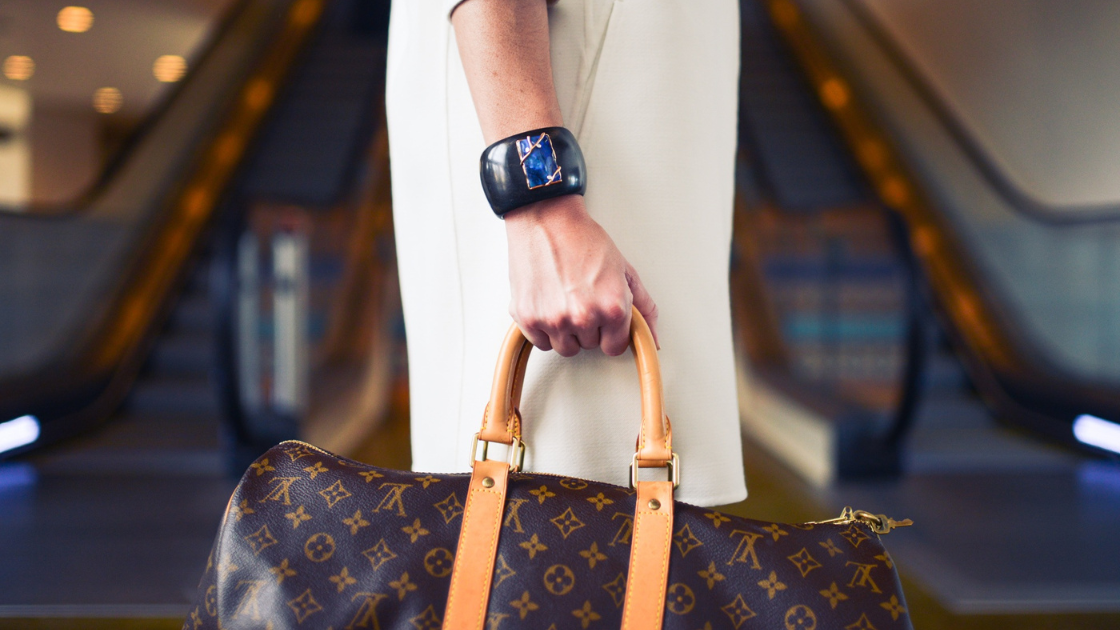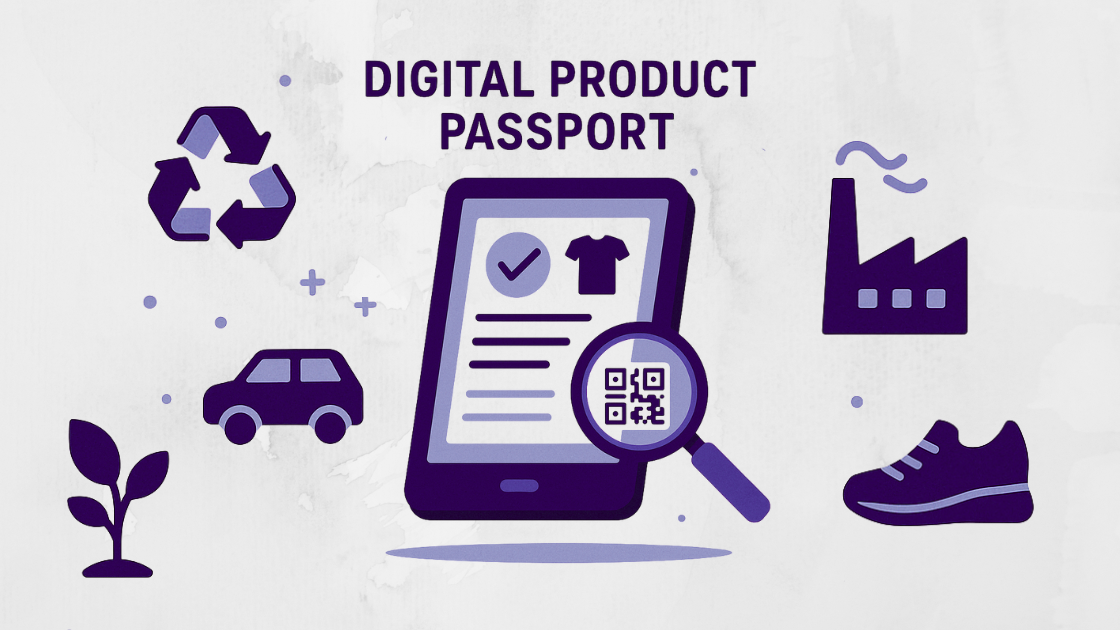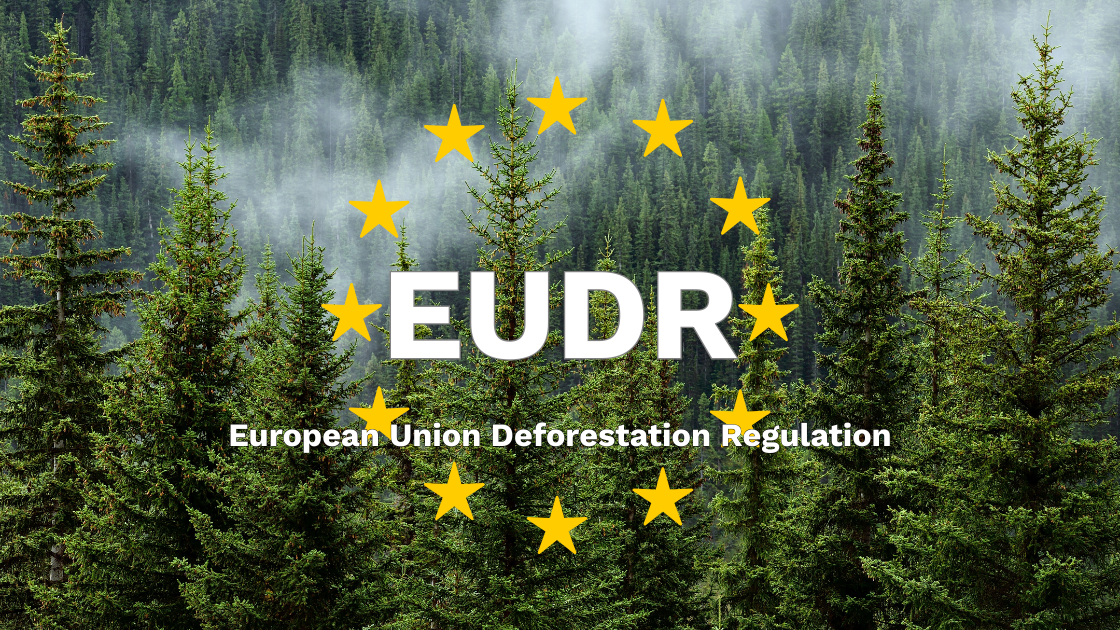Sustainable Business: The Secret Behind True Brand Value
The luxury industry is built on craftsmanship, exclusivity and high margins, which makes it the perfect sector for responsible business. Brands like Hermès and Rolex prove this: with control, care and attention, you can build long-term brand value and stay profitable. Sustainability doesn’t hurt your success; it strengthens it. Still, painful stories have come to light about exploitation at brands like Dior and Loro Piana. Jumpers that cost as much as the maker’s monthly wage. Billion-euro profits for the company, with hardly any questions asked. As long as it sells, no one seems to care.

What happens when you avoid responsibility
Another painful example recently came from the luxury gym Saints & Stars in Amsterdam, where dozens of cleaners from the Philippines and Indonesia were exploited. They worked up to 17 hours a day, had to hand over their passports, and slept in shocking conditions. For the luxurious experience, while behind the scenes, fundamental human rights were often ignored.
In Italy, thousands of people work under harsh conditions to produce high-end clothing, often facing long hours, low pay, and a lack of contracts and safety protections. The production process usually runs through layers of subcontractors, far out of sight of brands like Dior, Armani and Loro Piana (part of LVMH). Even with huge profit margins, they still squeeze costs at the expense of the people at the bottom of the chain.
These examples aren’t just inhumane. They’re bad business. Customers, employees, investors and regulators are asking more challenging questions about how you treat people, how you source your materials and how you take responsibility. If you ignore that, you lose trust, and with it, long-term value.
When profit is your only focus
Look at the brands under fire. For years, they were symbols of quality. But one scandal can change everything. After the story broke about Saints & Stars, people raised nearly €20,000 in just one day through crowdfunding to support the cleaners. Many customers also cancelled their memberships and stopped booking classes.
According to Camera Nazionale della Moda, sales of 'Made in Italy' fashion declined in 2024. “These investigations don’t just hurt the brands involved; they harm the entire Made in Italy system,” says Stefania Saviolo of Bocconi University. Globally, the luxury sector lost 50 million customers in 2023 and 2024. And in 2025, the market is expected to shrink by another 2% to 5%, according to Bain & Company.
Hermès vs. LVMH: two strategies, two outcomes
Luxury is about quality, craftsmanship and exclusivity. That’s why people are willing to spend thousands on a bag or a watch. Not because it’s cheap, but because it’s good. And if you know it was made under awful conditions, paying a premium doesn’t feel good at all.
Hermès and Rolex show that things can be done differently. Hermès invests in its workshops, fosters long-term relationships, and maintains strict quality control, without resorting to aggressive takeovers or a growth-at-all-costs strategy. Rolex is owned by a foundation, which means no shareholders are demanding short-term profits, and part of the company’s earnings is reinvested in social causes.
The result? Hermès reached €244 billion in value and became the world’s most valuable luxury brand in 2025. LVMH, meanwhile, lost 26.3% of its stock value that same year, dropping to €234 billion.
The lesson? Good business pays off
The difference isn’t in the margin. It’s in the mindset.
Sustainable business builds trust, and that builds real brand value:
- Customers choose more consciously.
- People want to work for companies that stand for something.
- Investors seek transparency, risk awareness, and long-term value.
- You avoid reputation damage and earn loyalty instead.
And, perhaps most importantly, it’s profitable. Many business owners think sustainability is a cost. However, in sectors like luxury, we can see that responsible business doesn’t just feel right, it pays off. Ethically and commercially.
Sustainable business is not a luxury
Sustainability is the difference between looking away and stepping up. Between short-term profit and long-term value. Between vagueness and trust.
Profit is fine. But what you do with it shows who you are as an entrepreneur.
Every day, you have the chance to do the right thing. By earning trust, you build something that’s not a trend, but the future.
So, ask yourself:
Would you rather buy a Louis Vuitton bag, knowing nothing about its origin or the circumstances of its manufacture? Or a Birkin that represents care, craftsmanship and control?
And as a business owner:
Which one do you want to be?
Want to know what you can do to take the lead? Book a demo and discover how to run a business that’s both sustainable and valuable.



